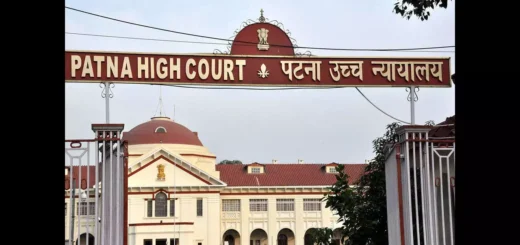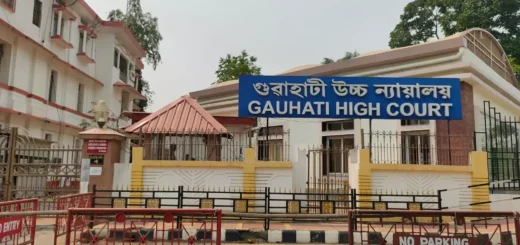The Supreme Court stated that Section 197(1) of the CrPC applies to complaints under Section 44(1)(B) of the PMLA.

The Supreme Court ruled that Section 197(1) of the Criminal Procedure Code (CrPC) applies to complaints made under Section 44(1)(b) of the Prevention of Money Laundering Act, 2002 (PMLA). This decision came from a criminal appeal by the Enforcement Directorate (ED) against a High Court ruling that dismissed the orders to take action against the accused. The two-Judge Bench, consisting of Justice Abhay S. Oka and Justice Augustine George Masih, stated, “Section 65 allows CrPC rules to apply to all PMLA proceedings, as long as they do not conflict with PMLA rules. The phrase ‘All other proceedings’ includes complaints under Section 44(1)(b) of the PMLA. After reviewing the PMLA, we found no conflicting provisions with Section 197(1) of the CrPC. Given the purpose of Section 197(1), it remains applicable unless a conflicting PMLA provision is identified, which has not been shown to us. Thus, we confirm that Section 197(1) of the CrPC applies to complaints under Section 44(1)(b) of the PMLA.”
In this case, the ED filed complaints against the respondents and others under Section 44(1)(b) of the PMLA for an offense under Section 3 of the PMLA, which is punishable under Section 4. The Special Court acknowledged the complaints and issued summons to the respondents and other accused individuals.
Two individuals submitted writ petitions to the High Court, contesting the Trial Court’s decision to take cognizance. They requested the complaints be dismissed, arguing that as public servants, prior approval was needed under sub-section (1) of Section 197 of the CrPC. The High Court agreed with their arguments and annulled the Special Court’s cognizance orders regarding these respondents. Consequently, the appellant approached the Supreme Court.
After listening to both parties, the Supreme Court observed, “Section 71 provides an overriding effect to the PMLA provisions, regardless of any conflicting laws currently in effect. Section 65, which precedes it, specifically states that CrPC provisions apply to PMLA, as long as they do not conflict with PMLA provisions.” The Court further explained that if a specific CrPC provision is applicable to PMLA proceedings due to Section 65, then Section 71(1) cannot negate the CrPC provision relevant to PMLA. “Once we determine that Section 197(1) applies to PMLA under Section 65, Section 71 cannot be used to argue that Section 197(1) of CrPC does not apply to PMLA. Any CrPC provision made applicable to PMLA by Section 65 will not be overridden by Section 71. The CrPC provisions that apply to PMLA through Section 65 will remain in effect, despite Section 71,” it concluded.
The Court explained that if Section 71 is applied to parts of the CrPC that relate to the PMLA through Section 65, it would make Section 65 useless. No law should be interpreted in a way that makes any of its parts unnecessary. In this case, the respondents were charged under Section 3 of the PMLA, which is punishable under Section 4, without getting prior approval as required by Section 197(1) of the CrPC. Thus, the High Court’s decision is correct. The Court noted that the judgment means the Special Court’s charges against B.P. Acharya and Adityanath Das are canceled, but the charges against the other accused remain unchanged.
The Court also stated that the appellant can ask the Special Court to charge the respondents if they receive the necessary approval under Section 197(1) of the CrPC in the future. This request will be subject to any legal and factual objections from the respondents. As a result, the Apex Court dismissed the appeals.
Cause Title- Directorate of Enforcement v. Bibhu Prasad Acharya, etc. (Neutral Citation: 2024 INSC 843)









